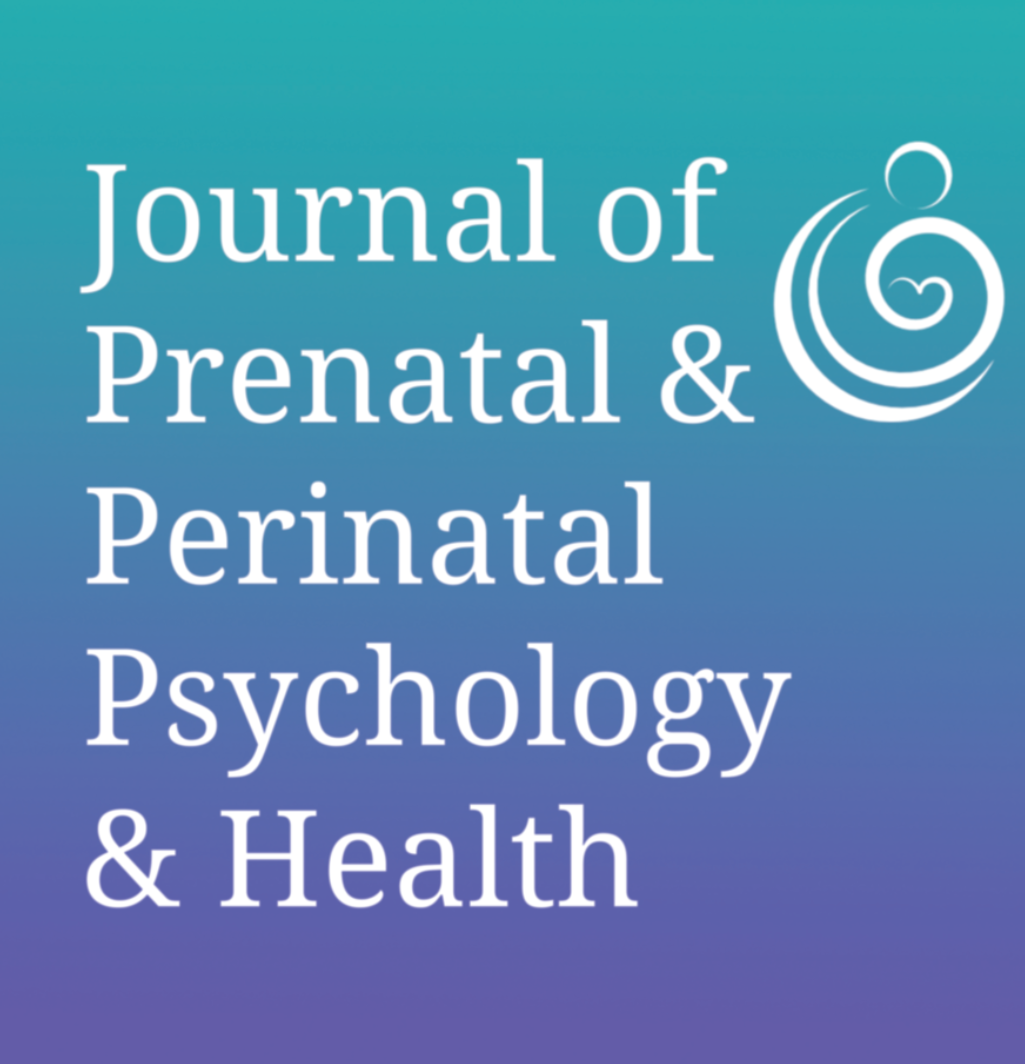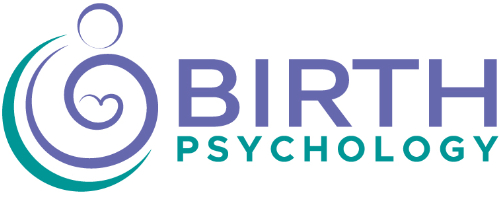
Journal of Prenatal and Perinatal Psychology and Health (JOPPPAH)
The Journal of Prenatal and Perinatal Psychology and Health is a peer-reviewed journal dedicated to publishing manuscripts that advance theoretical understanding and empirical insights. JOPPPAH welcomes contributions from diverse sources, including clinical practice, qualitative and quantitative research, case studies, literature reviews, and unique perspectives. Please review the guidelines for contributing authors and submit your articles using the portal. We look forward to hearing from you. If you need assistance, please contact our editor at [email protected].
APPPAH Members receive 50% off print journal subscriptions, please visit your member portal for the coupon code, or email [email protected]
If you are a higher-education institution or a journal subscription service, please register as an Institution using the button below and you will be contacted by the journal managing editor for access information. For questions regarding your institutional subscriptions, contact [email protected].
Digital Access Instructions for APPPAH members:
- Be sure that you are logged in, check the top of this page.
- Once you are logged in, click Return to Member Portal.
- In the Member Portal, click the JOPPPAH icon- Digital Journal Access.
Submit Your Article
Submission Deadlines are:
February 29, 2024
May 31, 2024
September 30, 2024
Letter from the Editor:
Welcome to the Spring 2024 Issue!
I am excited to present the Spring 2024 issue of JOPPPAH, featuring a diverse range of informative and thought-provoking articles. First, I am thrilled to introduce our new Assistant Editor, Dr. Emily Sauer, whose research and clinical focus include perinatal health psychology, women's health, Acceptance and Commitment Therapy and Compassion-Focused interventions, health psychology, and eating disorders. Her expertise and talent will undoubtedly enhance our journal. I would also like to bid farewell to our Managing Editor, Jess Kimball. We wish her all the best.
The first article, "Psychological Outcomes Associated with Severe Placenta Accreta Spectrum Disorder with Cesarean Hysterectomy," by Noall et al., sheds light on rates of postpartum depression and post-traumatic stress disorder in patients with prior hysterectomy for severe placenta accreta spectrum. This study emphasizes the need for standardized interventions for high-risk patients.
Next, Rebelle et al. present a cross-sectional study, "Examining Beliefs, Behaviors, and Provider Counseling on Physical Activity During Pregnancy," which discusses physical inactivity, obesity, and chronic disease rates among pregnant women in the Southern United States. The study found that pregnant patients across social and demographic factors face similar barriers to physical activity and lack knowledge of its benefits and susceptibility to chronic disease, underscoring the need to enhance provider counseling with evidence-based methods.
"Black Maternal Mental Health," by Herrick and Burkhard, delves into the elevated rates of maternal mental health disorders among Black women, highlighting the impact of chronic stress from racism, higher levels of lifetime trauma exposure, and discrimination in the maternity care system. The authors discuss the barriers Black women face in accessing mental health care and emphasize the importance of addressing these challenges on individual, organizational, sociocultural, and structural levels. The article offers policy recommendations to address these challenges and promote holistic and equitable approaches to maternal mental health care for Black women, as well as supporting community health workers and promoting shared decision-making by patients in their treatment and care.
Additionally, Cortizo introduces the Calming Womb Family Therapy Model, an integrative approach designed to treat mothers and their babies from conception through the first year postnatally. It is based on Murray Bowen's family systems model, attachment theory, and Selma Fraiberg's psychodynamic work. This model aims to strengthen the bond between mother and baby and address maternal trauma.
"The Case Against Cesareans on Demand: What Doctors Do Not Tell You," by Dr. Verny, examines the rising rates of cesarean births worldwide and the contributing factors, raising important questions about cultural norms and differences in cesarean birth rates across countries. Verny maintains that while C-section delivery may be necessary in some cases, it is important to understand the risks and to promote safer delivery methods when possible.
We also feature Stephanie Cloutman's review of New Parenting Can Change Your World by Karlton Terry. Cloutman emphasizes the book's advocacy for babies' well-being and healthy development, highlighting the significance of birth experiences in shaping human culture. The review discusses the book's main themes, including the importance of accurate empathy, meeting a baby's emotional needs, and the cultural impact of relating to babies.
We are also honored to feature award-winning poet Linda Albert's poem "When They Were Born," which reflects on the profound experience of childbirth and the journey of motherhood. Lastly, we highlight Dr. Janus’ new book, The Enduring Effects of Prenatal Experiences: Echoes from the Womb, which explores how our time in the womb shapes our personalities and influences behavior, culture, and society.
These diverse perspectives and innovative approaches reflect our commitment to advancing the field of prenatal and perinatal psychology. Thank you to all authors, reviewers, and readers who contributed to this issue.
Christiana Rebelle, PhD
Editor-in-Chief
Journal Submission Guidelines and Policies for Authors
Articles should be word-processed and transmitted electronically as a Word document. The editor reserves the right to edit manuscripts for length, clarity, and conformity with the journal’s style. American spelling should be used. The paper should be between 1,500 and 5,000 words with a 100–250 word abstract and at least three keywords.
The journal is interested in publishing theoretical and empirical articles utilizing data gained from clinical work, observational or experimental research, case studies, and self-report. Areas of interest include:
- Psychological Factors across Conception, Pregnancy, Labor, Birth, and Postpartum: Investigating the psychological dimensions at each stage of the reproductive journey.
- Maternal and Fetal Health: Exploring the influence of maternal health, lifestyle, and environmental factors on fetal development.
- Childbirth and Perinatal Care: Examining various childbirth practices, models of perinatal care, and their impacts on maternal and infant well-being.
- Parent-Child Bonding and Attachment: Studying the early relationship dynamics between parents and infants, identifying factors conducive to healthy bonding and attachment.
- Trauma and Stress during Pregnancy: Analyzing the psychological repercussions of traumatic events or chronic stress on both the pregnant individual and fetal development.
- Interventions and Support: Evaluating interventions and support systems aimed at fostering positive mental health and well-being during the prenatal and perinatal periods.
- Developmental Outcomes: Researching the enduring effects of prenatal and perinatal experiences on child development, behavior, and overall health.
- Reciprocal Interaction Mechanisms: Understanding the dynamics between the pregnant individual and unborn child, as well as between the birthing person and newborn.
- Influence of Family, Society, and Environment: Exploring the impact of familial, societal, and environmental factors during pregnancy and postpartum.
- Evidence-Based Measures: Implementing evidence-based strategies to enhance the well-being of parents, birthing individuals, and infants.
- Effects of Medical Technology: Assessing the psychological and physiological impacts of medical interventions on all involved parties during conception, pregnancy, labor, and birth.
- Prevention and Intervention/Resolution of Prenatal and Perinatal Trauma: Exploring methods to prevent and address prenatal and perinatal traumas in both children and adults.
- Interdisciplinary Interfaces: Investigating intersections between prenatal and perinatal psychology and fields such as medicine, genetics, developmental psychology, anthropology, ethics, and law
Illustrations, Figures and Tables
All illustrations and tables should be included separately from the manuscript (in a separate document) and should be clearly identified in Arabic numerals, showing which is the top of the illustration if this is not obvious. Tables must supplement the text without duplicating it and be in Microsoft Word file format. Refer to APA publication manual for detailed instructions on tables and figures. Tables, figures, and illustrations should include an appropriate title. Keep in mind the 6x9 finished size of journal pages.
APA 7 Style
Formatting and referencing must follow APA 7 style. References should be limited to work cited in the article. All cited material should be on the reference list.
American Psychological Association (2020). Publication manual of the American Psychological Association (7th ed.). Washington, DC: Author.

